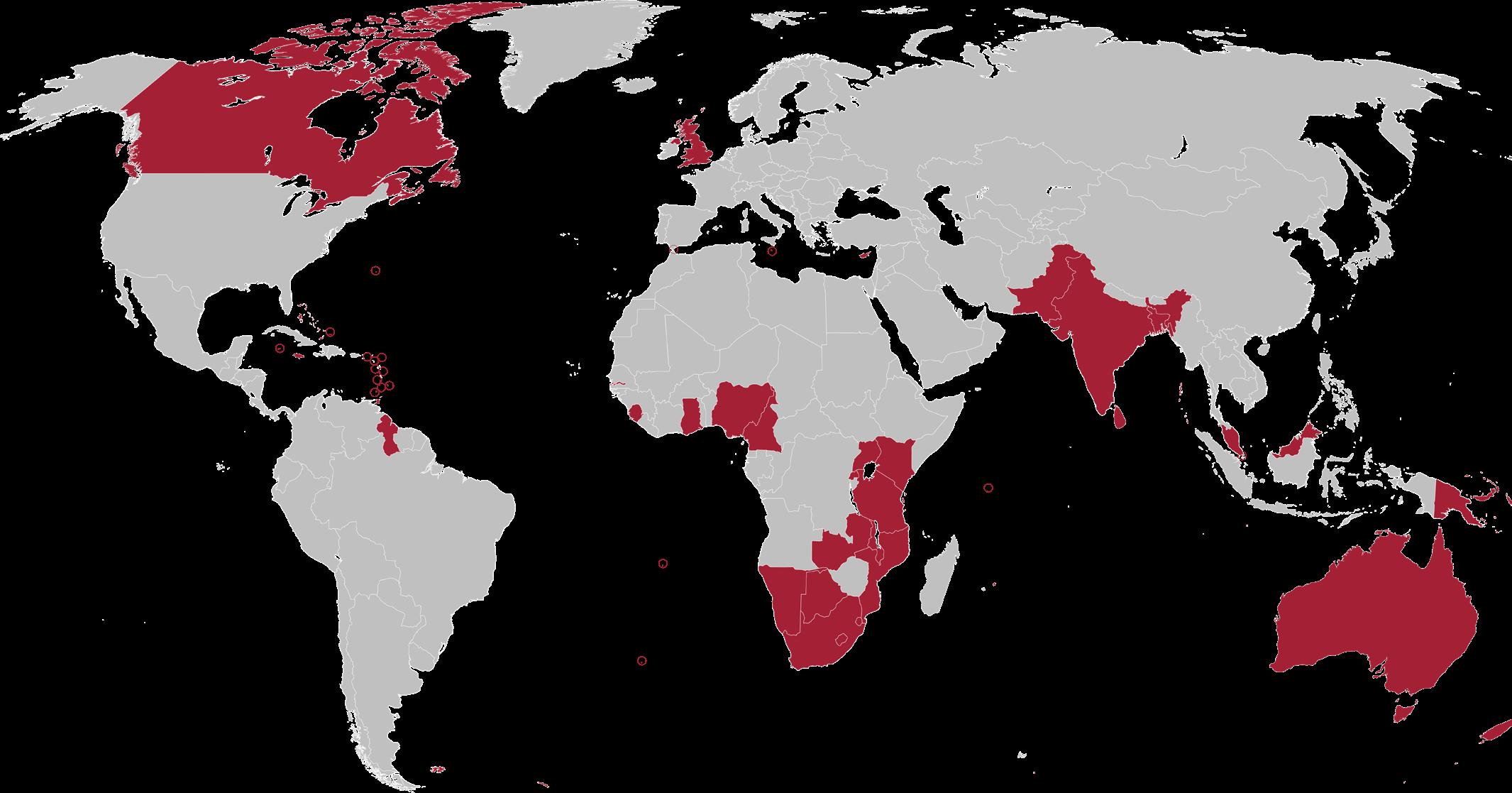
1 minute read
ROLES AND RESPONSIBILITIES
The various roles and responsibilities allotted to lay members are entirely at the discretion of the respective legislature.
However, in order to maximise their ability to effectively scrutinise, lay members typically play an equal role to that of Members of Parliament in regard to committee work. For example; handling various specific cases, dealing with inquiries, questioning witnesses that appear before the committee, issuing recommendations and undertaking all other broader responsibilities. As lay members are not constrained by the same pressures as a parliamentarian, this can potentially enable them to have full investigatory autonomy, which in turn provides a strong basis for effective scrutiny and accountability.
In giving lay members an equal role in committee work to that of parliamentarians, the expectations to deliver are also matched. All those serving on a committee, including lay members, are expected to have a working understanding of how the parliament functions and the role required of, and undertaken by, parliamentarians so that they have an equal opportunity at thriving in the post and holding the key players to account.
In light of this, it is important to consider and communicate that lay members may spend a larger volume of time trying to understand the workings of the parliamentary system beyond what they already know to be true practice in theory. Alongside this, the extent of the responsibilities and expectations that succeed these should also be clearly communicated to lay members, as they, unlike Members, generally have no prior experience in parliamentary committee work.





